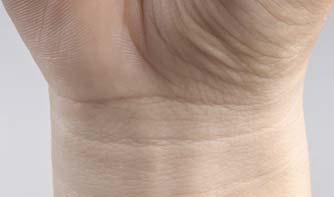
6 minute read
Health
Improving Management of D ABETES

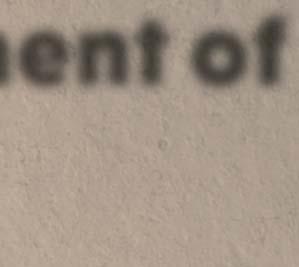

in Western Sydney
Western Sydney is a diabetes ‘hotspot’ with rates far higher than the NSW average.


As the number of people with diabetes grows, it is damaging the health and wellbeing of our communities. Diabetes is a serious and progressive condition that can lead to many other complications, including heart attacks, strokes, amputations, kidney and eye damage, dementia and mental health problems. In adults, type 2 diabetes accounts for 9095% of all diagnosed cases of diabetes. With more than half the Western Sydney population overweight and at risk of developing type 2 diabetes, the Western Sydney Primary Health Network, Western Sydney Local Health District, PricewaterhouseCoopers, and Diabetes NSW & ACT, established the Western Sydney Diabetes initiative. Western Sydney Diabetes’ programs focus on prevention for those with diabetes risk factors and support for those who already have type 2 diabetes.


Diabetes Case Conferencing

Diabetes Case Conferencing (DCC) brings together a patient, their GP, a diabetes educator and a hospital endocrinologist. Consultations last for 30 minutes and the team discuss medication and lifestyle options as well as develop a personalised care plan for the patient. The program was initially designed as a faceto-face program but transitioned to a telephone toface program but transitioned to a telephone and video service during the COVID-19 pandemic and now offers patients contact with the diabetes management team either from their GP’s practice or from the comfort of their own home.

DCC is completely free for patients, as GPs will bulk bill these appointments. As well as receiving personalised care from diabetes specialists, DCC makes sure that most patients will be seen within a month and more urgent cases within a week. DCC provides a great opportunity for patients to work together with health care professionals to develop a detailed care plan tailored to their needs. Patients who have attended the program have given very positive feedback, with a recent survey showing that 85% of patients were highly satisfied with the virtual care they received. This service is now available in Seven Hills, Blacktown and Toongabbie. Find out more about DCC on our website at wentwest.com.au/wsd
Community member Geoff Owen said the Diabetes Case Conferencing program “changed his life completely”. “I lost over 10kgs, and my blood sugars are now at proper levels,” Mr Owen said, “I am very grateful for the wonderful support from the team at the Mt Druitt Clinic”.

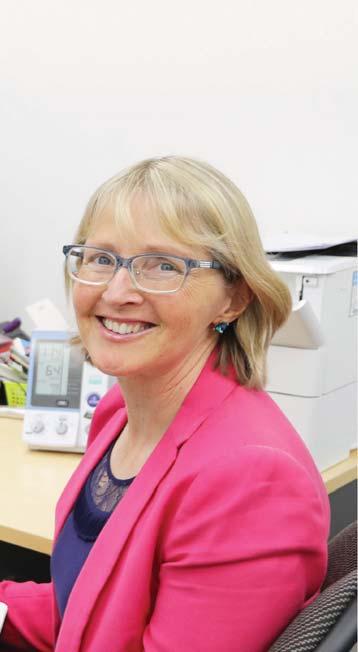
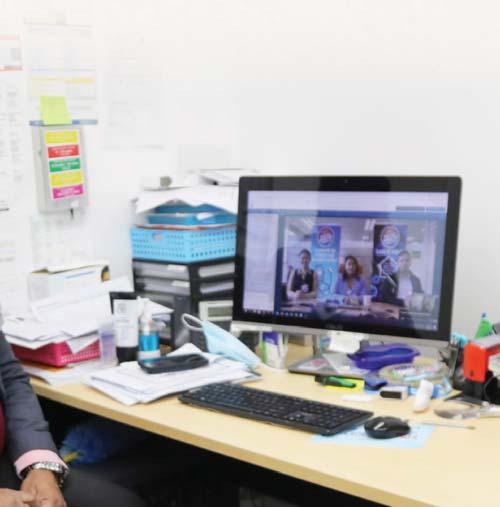
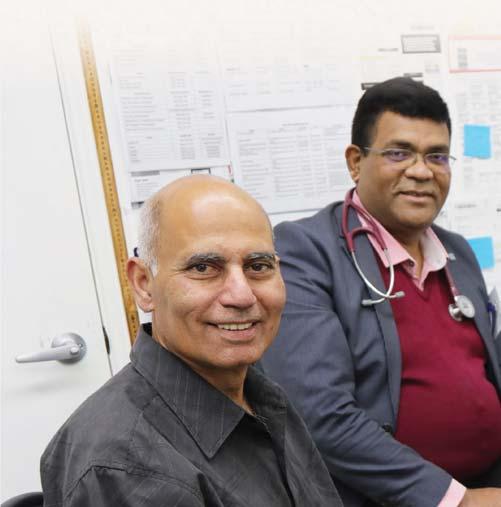

Matthew’s Story

Matthew* is 54 years old and has been living with type 2 diabetes for over ten years. Haemoglobin A1C (HbA1c) is a measure of how well controlled your blood sugar has been over three months and provides a good understanding of how high, low, or normal your blood glucose levels are. The ideal HbA1c level for someone with diabetes is below 6.5%, yet before taking part in the Diabetes Case Conferencing program, Matthew’s HbA1c levels were at 13%. He was also not checking his blood sugar levels. He was struggling to keep on top of his diabetes medications and was very discouraged about managing his diabetes as he felt as if his efforts had not achieved positive results. Since joining the program, Matthew has started checking his blood sugar levels and has registered with the National Diabetes Services Scheme. He regularly takes his diabetes medications, and his diet has improved significantly. He also had a free continuous glucose monitoring trial, which shows that his estimated HbA1c is now at a healthy 6.3%.

*Name has been changed to protect the client’s identity.
Are You at High Risk of Diabetes?
Check to see if you are in the high risk category for type 2 diabetes. Do any of the following points apply to you? Have a family history of diabetes Don’t regularly exercise Are overweight or obese Had diabetes during pregnancy (gestational diabetes)



Are 45 years old or older and have a Pacific Island,
Indian subcontinent, Chinese, Southeast Asian,
Aboriginal or Torres Strait Island background If you ticked one or more of the above conditions, Western Sydney Diabetes advises you to make an appointment with your GP to do a quick HbA1c blood test to check for diabetes.
Minimise Your Risk of Developing Diabetes



Statistics have shown that only 7% of Western Sydney residents are eating the recommended daily intake of vegetables and that rates of physical activity in Western Sydney are the lowest in NSW. The good news is that trials show that type 2 diabetes can be prevented or delayed in up to 58% of cases by maintaining a healthy weight, being physically active and following a healthy eating plan. Western Sydney Diabetes has produced a free publication called Healthy Living Options, Affordable Food edition which contains lots of practical information for people who want a healthy lifestyle and to reduce their risk of developing diabetes. This is a great resource for recipes, free online cooking classes, and local information about community gardens, where to buy healthy produce and food agencies supplying reduced price or free fresh food to families. You can access the guide and other resources on our Western Sydney Diabetes webpage at wentwest.com.au/wsd
Quick Tips to Reduce Your Risk of Type 2 Diabetes: of Type 2 Diabetes:
Make healthy food choices - eat fresh Make healthy food choices - eat fresh food and limit takeaways and treats food and limit takeaways and treats Exercise frequently - try walking rather E i f l lki hxerc se requent y - try wal ng rat er than taking the car than taking the car Maintain a healthy weight Maintain a healthy weight




